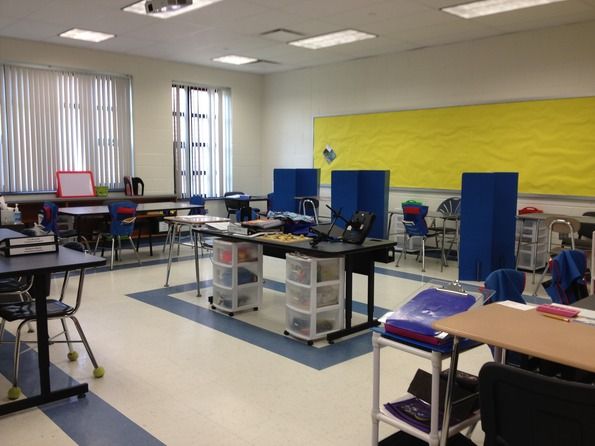Proposal to extend high school for special education students defeated
The COVID-19 pandemic has created a conundrum for students. While virtual learning has benefited most students, according to studies, there is the potential that due to missed time from the classroom, it will take longer than anticipated for some high school seniors to graduate. This is especially true for special education students, who are allowed to remain in high school provided that they graduate by age 22, as mandated by the Virginia Department of Education.
Yesterday a bill proposing those students who are currently 22 be given the option for an extension to attend high school for the duration of the 2021-22 school year was defeated. House Bill 2277, according to the Associated Press, was designed to allow high school students with special needs who are set to graduate in the 2021 school year and who are 22 years old after Sept. 30, 2020, be allowed to take an extra year and graduate in 2022. Republican Rob Bell of Charlottesville introduced the bill, in part because he has an autistic son.
There are almost 168,000 students with disabilities currently enrolled in Virginia public schools, according to the VDOE. In the 2019-2020 school year, 84 students with disabilities were over the age of 22, according to the VDOE. A total of $12,111 is spent per public school student each year, VDOE stated on its website.
In the amendment that Bell proposed, the state’s budget would add an additional $5 million to assist public education. Under the Individuals with Disabilities Act, the money would be free for public education. Currently, the proposed budget for public education in 2022 is $7.8 billion.
While the bill did pass out of committee, it died in appropriations.
Bell told the Associated Press, “While other students might have more time to make up whatever was lost because of COVID-19, the kids that were going to age out this year will never get that chance.”



